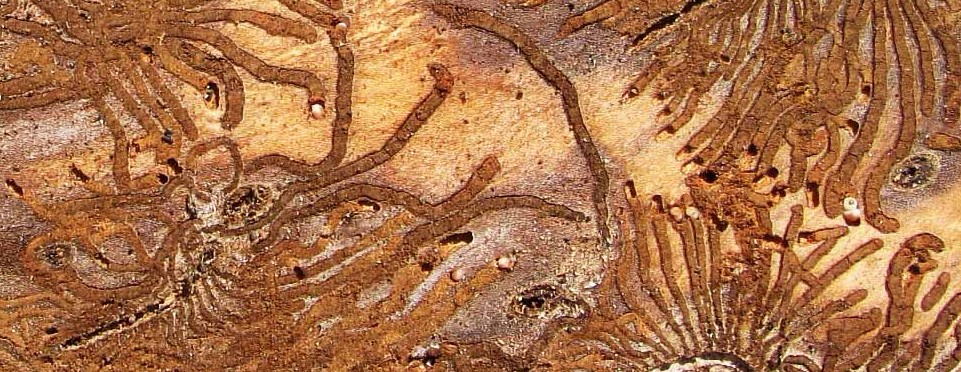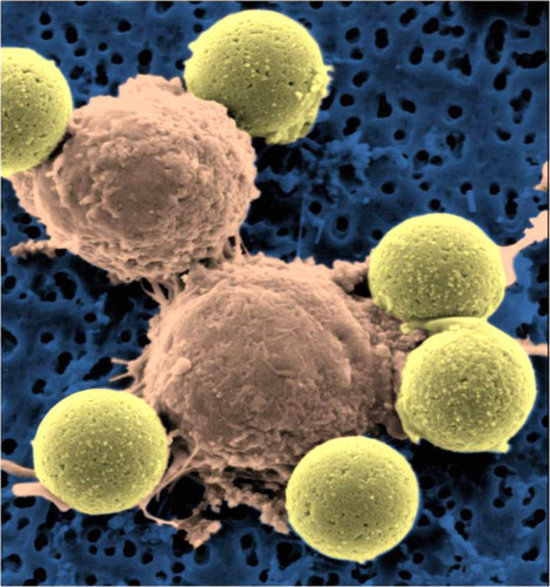Reese Halter’s new book, The Insatiable Bark Beetle, discusses an infestation that is growing thanks to global warming. The problem is the bark beetle. This Native North American bug the size of a rice grain lives on pines, spruce, and fir trees that make up large forest areas in British Columbia and in the United States.
Halter talks about how the insects’ numbers are increasing as “winters grow warmer and summers drier,” and the forests are quite literally being eaten alive, with no signs of it slowing down anytime soon. Also, the beetles are contributing to CO2 emissions. They are eating up the carbon dioxide absorbers and are in consequence emitting more carbon dioxide. She writes, “Over the next decade, the beetle-killed BC forests will emit 250 million metric tons of CO2 – the equivalent of five years of car and light truck emissions in Canada.”
According to the LA Times, the book makes the situation really easy to understand. It goes on about the “loops” that cause the beetles to arise and take advantage of their new found weather. The book states that permafrost releases methane, and the methane raises temperatures causing more permafrost to melt. The next loop is how “stressed trees” attract beetles, the beetles then kill the trees, which consequently attracts more beetles. The best loop of all is that global warming only accelerates global warming. It is like the worst catch-22.
The book is supposed to be very straight forward on the subject matter. It does not promote much happiness, but it does not lie about the problem. The only way to really kill the bugs off is for the temperature to go down, like around -13 to -40 degrees Fahrenheit. Considering winter did not really even show up this year, it does not look very promising for this problem to go away naturally.





